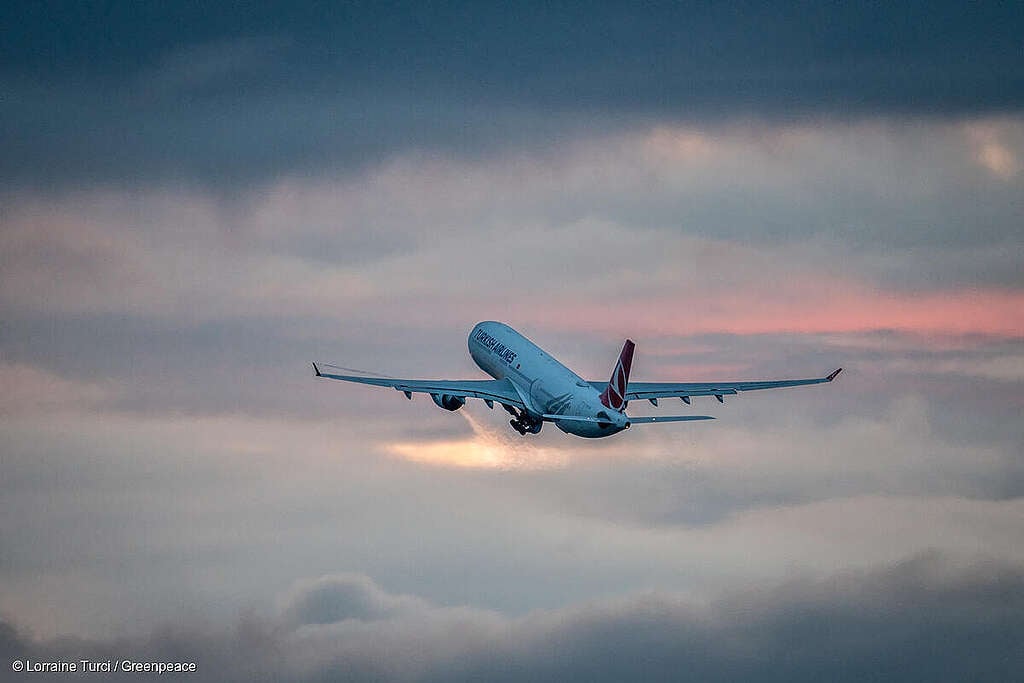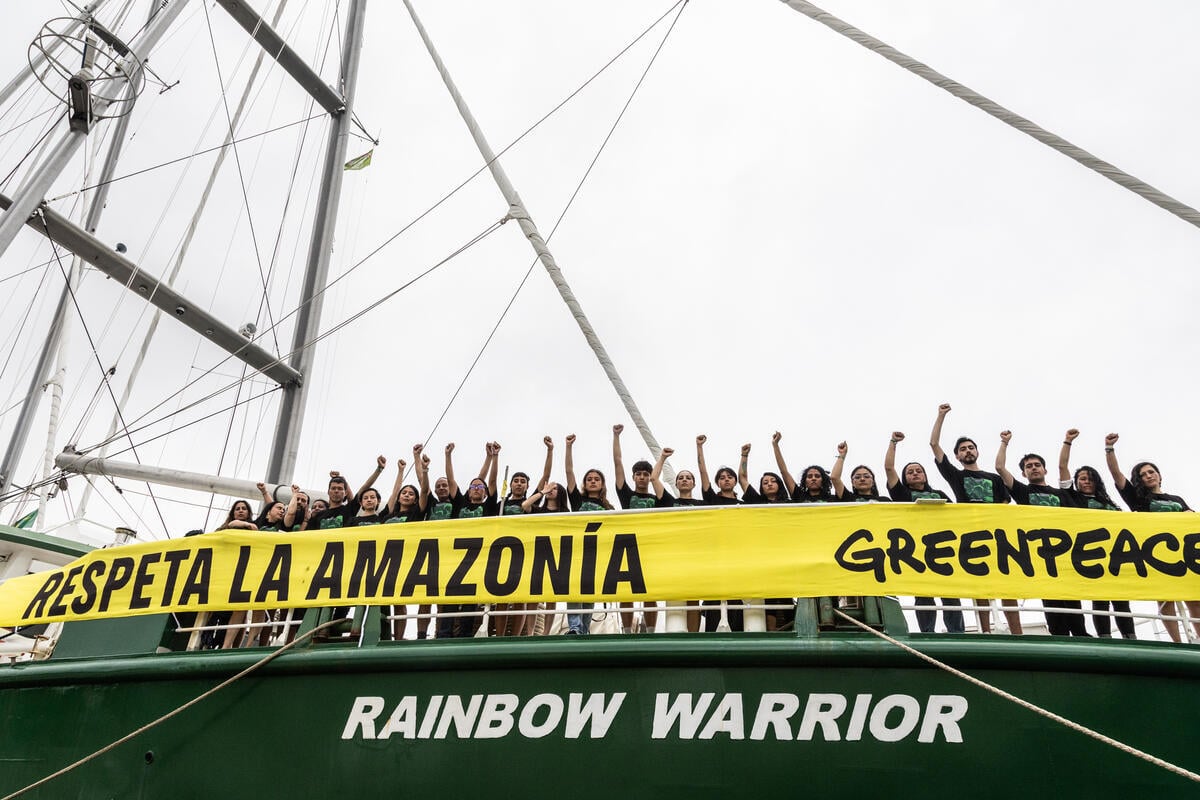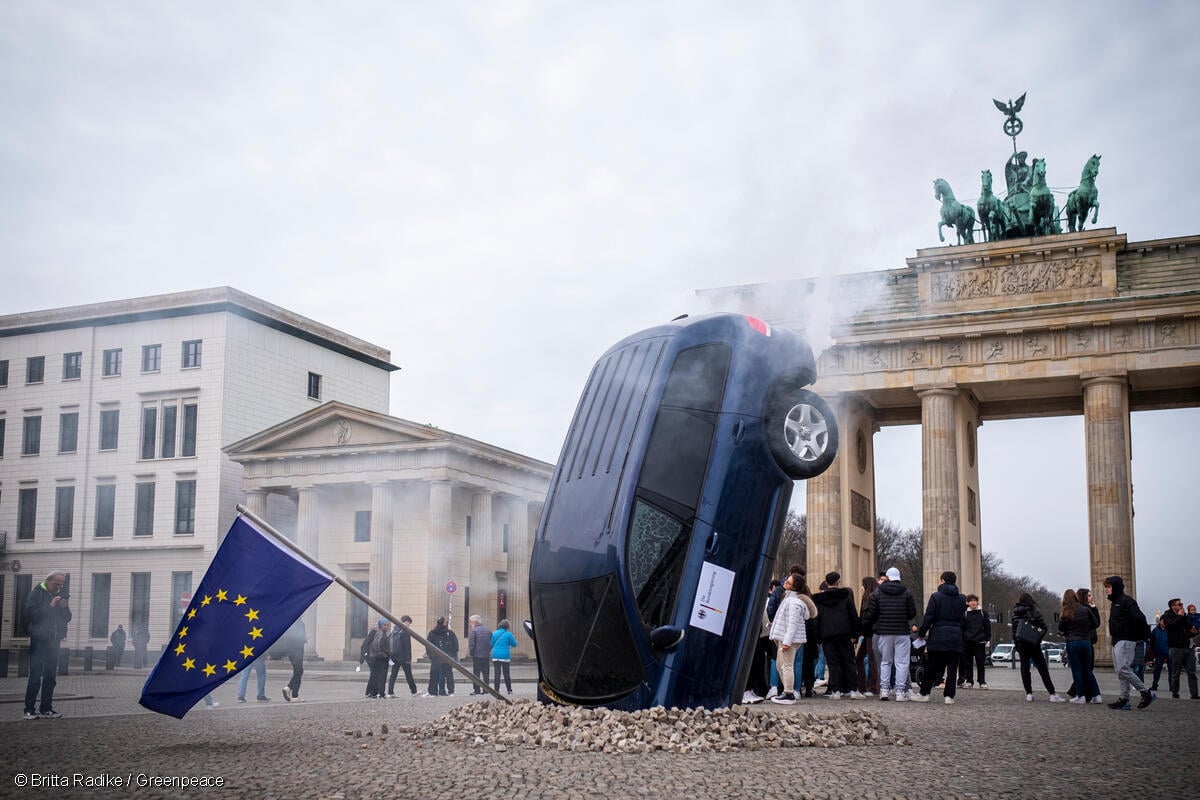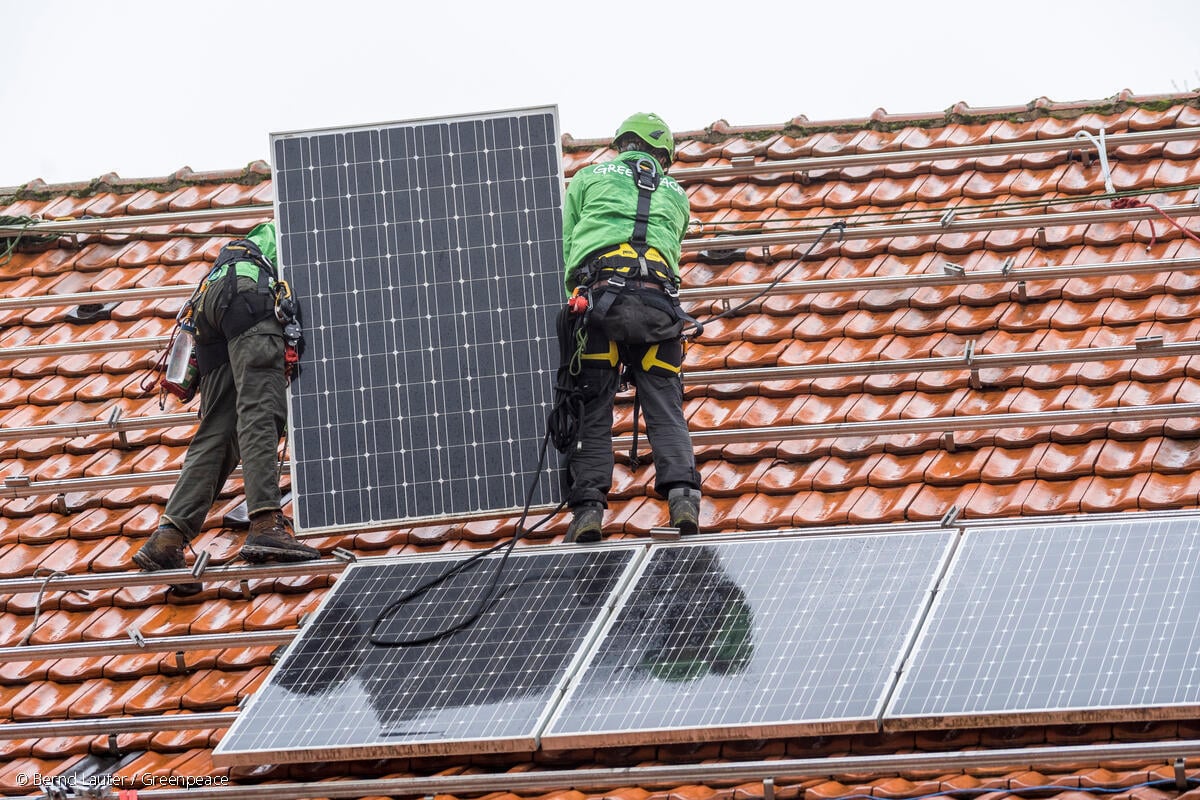Brussels – A new Europe-wide Greenpeace study shows that climate-damaging flying is still cheaper than taking the train on a majority of cross-border routes – even though climate impacts like wildfires, droughts, and heatwaves are getting worse. An analysis of 142 routes across 31 European countries found that flights are dominantly cheaper than trains on 54% of the 109 cross-border routes analysed, with low-cost airlines dominating through unfair pricing. This is not due to efficiency, but to political inaction that lets airlines undercut rail at the planet’s expense.

Herwig Schuster, transport campaigner, Greenpeace Central and Eastern Europe: “Even as the climate crisis worsens, Europe’s tax system continues to favor the most polluting way to travel. It is absurd that a flight from Barcelona to London can cost just €15 while the train on the same route is up to 26 times more expensive. Aviation enjoys unfair tax privileges, while train passengers are left to pay the price. These prices don’t reflect a functioning market – they reflect a rigged system.”
A tax system that rewards climate-damaging cheap flights
Low-cost airlines such as Ryanair, Wizz Air, Vueling and easyJet dominate European skies with ticket fares starting often lower than airport and ticket fees. These prices exist only because of untaxed aviation fuels, and international flight tickets are exempt from VAT. Meanwhile, rail operators often pay full VAT, rising energy costs, and high track access charges.
Greenpeace found that on 54% of cross-border routes, flying was cheaper on at least 6 out of 9 days. Fares were checked for 9 different days for each route, across different time booking periods. Trains were always or almost always cheaper on only 29 (39%) cross-border routes, many of them in Central & Eastern Europe – especially the Baltics and Poland. In France, Spain and the UK, trains were more expensive than flights on up to 95% of cross-border routes. Train trips can cost up to 26 times more than flights – as the most extreme example found shows: Barcelona to London costs just €14.99 by plane, compared to €389 by train.
The environmental cost is huge. Flights emit five times more CO₂ per passenger kilometre than trains on average – and compared to railways using 100% renewable electricity, their impact can be over 80 times worse. Still, artificially low airfares keep pushing travellers toward flying.
Small improvements since 2023 – but the system is still broken
This is Greenpeace’s second major report on flight and rail fares in Europe. Since 2023, the share of routes where trains are dominantly cheaper has risen by 14% points, thanks to better rail links and fewer ultra-cheap flight connections via hubs like London or Dublin. Night trains, which offer a climate-friendly alternative for long-distance travel, are often more affordable than high-speed trains, but still can’t compete with heavily subsidised air travel.
Greenpeace demands: Making rail affordable, ending the flight price illusion
Greenpeace is urging the EU and national governments to reform transport policy by ending subsidies for aviation, introducing a simple rail ticketing system and investing more in public rail infrastructure. The organization also advocates for the introduction of affordable “climate tickets” — flat-rate passes valid across national and cross-border public transport.
“Every route where a plane is cheaper than a train is a political failure,” said Schuster. “We can’t keep rewarding the most polluting form of transport. Europe must make trains the cheapest and easiest option — not the last resort.”
About the analysis
The 2025 report compared ticket fares for 142 routes – including 109 cross-border and 33 domestic trips – by analysing fares for nine different travel dates across three timeframes (short-, medium-, and long-term). The study covered almost all European countries, and included only routes under 1,500 km air distance which can be reasonably travelled by both rail and air.
Download the public data sheet here
Contacts:
Herwig Schuster, transport campaigner, Greenpeace Central and Eastern Europe
[email protected] | +43 664 431 92 14
Magnus Reinel, communications officer, Greenpeace Central and Eastern Europe
[email protected] | +43 664 8817 2210
For breaking news and comment on EU affairs: Bluesky
Greenpeace is an independent global campaigning network that acts to change attitudes and behaviour, to protect and conserve the environment and to promote peace. We do not accept donations from governments, the EU, businesses or political parties. Greenpeace has over three million supporters, and 26 independent national and regional organisations with offices in more than 55 countries.
EU Transparency Register: 9832909575-41



